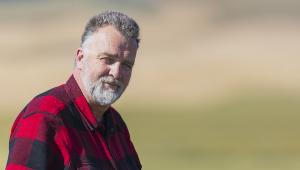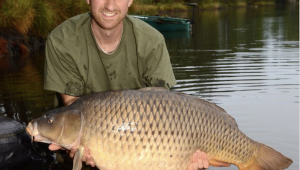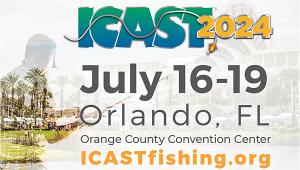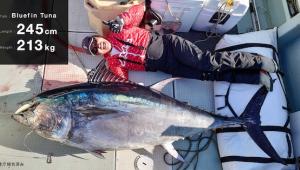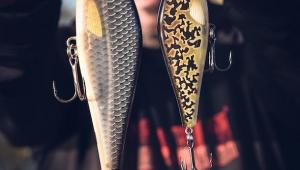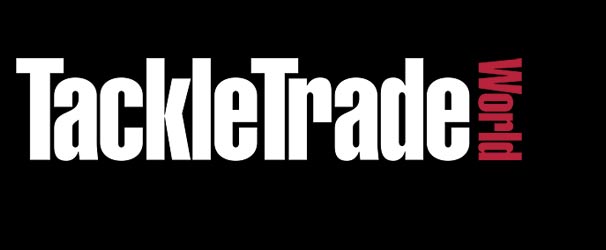Angling benefits promoted by European Parliament
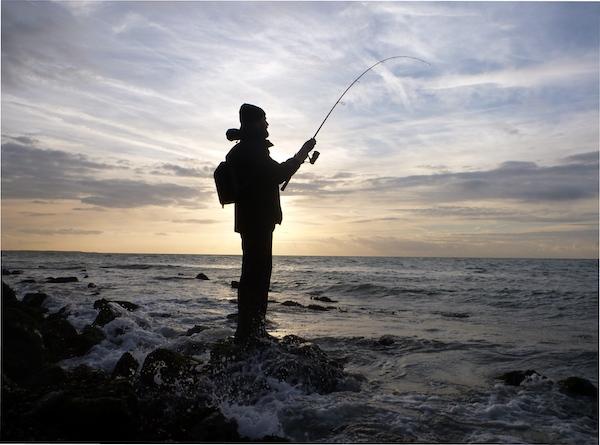
Recreational fishing can contribute much to the sustainability of Europe’s habitats, fish stocks, coastal economy and individual health and wellbeing.
That’s the view of the European Parliament, which has promoted the sport in a landmark report looking on the ‘Blue Economy’, which supports economic growth, social inclusion and the preservation or improvement of livelihoods while at the same time ensuring environmental sustainability of the oceans and coastal areas.
It is seen as a crucial move after years of lobbying by angling groups throughout the continent to ensure those at the highest level not only understood the benefits the sport brings in many areas but also actively promoted it.
The European Parliament Resolution toward a sustainable ‘Blue Economy’ in the EU recognised its importance from economic, tourist, habitat and wellbeing perspectives, among others.
A spokesman for the European Fishing Tackle Trade Association (EFTTA), which did much lobbying on behalf of the sport, said: “EFTTA engaged much in the preparation of the text to secure that recreational angling was not overlooked but mentioned and praised for all the positive benefits it has on offer. We are happy to see our efforts have paid off!
“The resolution makes it very clear that recreational angling is a big asset to the coastal communities. It is stressed that angling can, and does, help coastal communities to generate income and jobs as a high-value and sustainable tourism activity.
“We can add to that, that angling tourism also can extend the tourism season beyond the traditional summer beach season.”
Among the key paragraphs of the resolution were an acknowledgement that the recreational fisheries sector can contribute to the diversification of coastal communities’ income as a high-value and sustainable tourism activity.
It also recognised angling tourism could be a new source of income for coastal communities while ensuring the sustainability and good status of fish stocks and providing social and health benefits and noted how it looked set to continue growing following increased interest during the Covid-19 pandemic.
The socio-economic value of fishing and its contribution to a sustainable blue economy in the EU was also highlight and it called for more and better data about recreational fisheries and all of its benefits from the EU commission and member states alike.
It also encouraged member states to build on best practices as outlined by the European Maritime, Fisheries and Aquaculture Fund to develop and fund fisheries tourism projects, include sustainable maritime, island and coastal tourism in related actions and programmes, support initiatives that encourage the diversification tourism and to make tourist activities and employment less seasonal.
The report also urged members to recognise the contribution made by sea fishing and to tackle the impact that bottom-contact commercial fishing gear, drift nets and fish aggregating devices have on fish populations.
It even called for bans on all environmentally damaging extractive industrial activities such as mining and fossil fuel extraction in marine-protected areas.
- Log in or register to post comments


